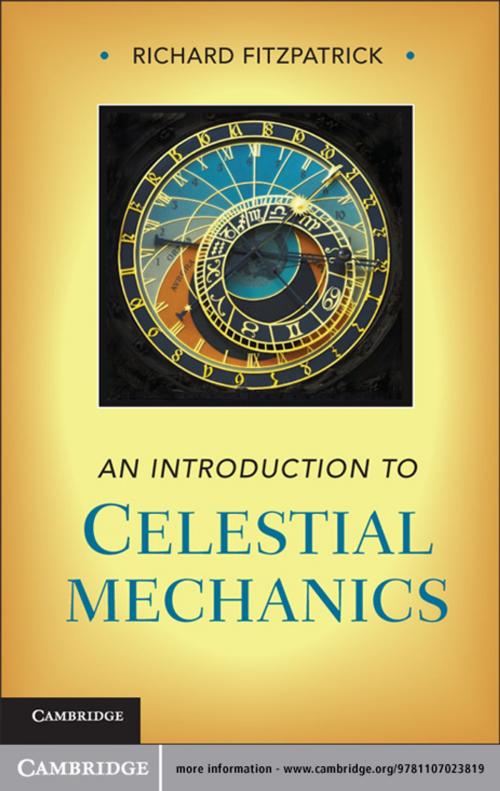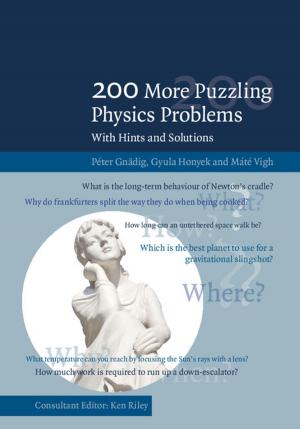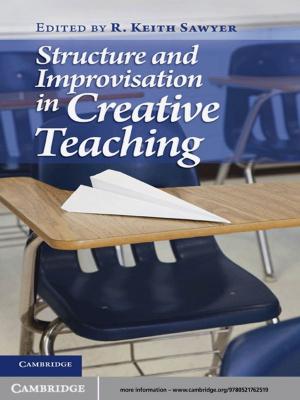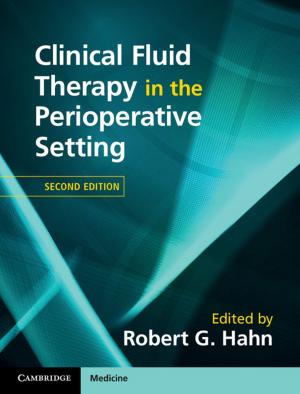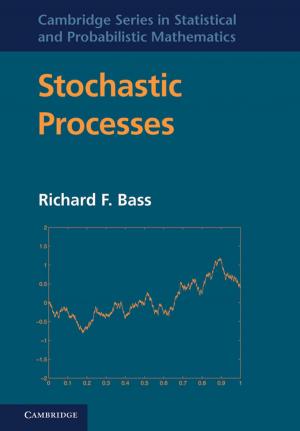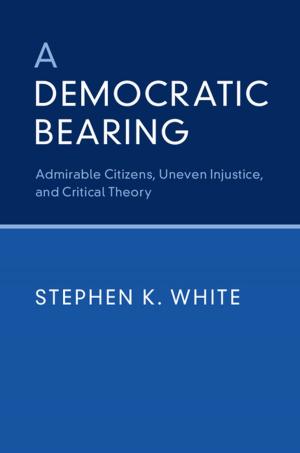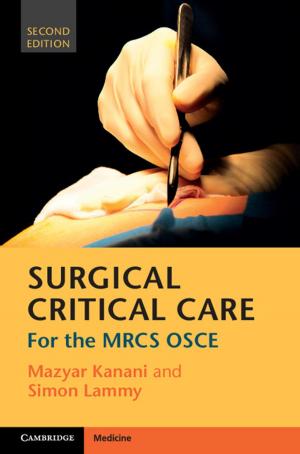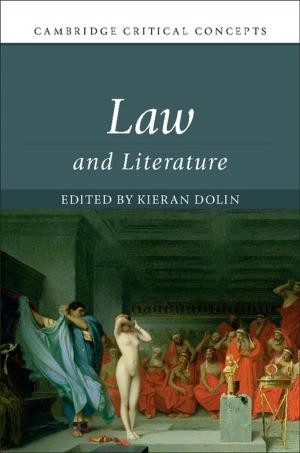An Introduction to Celestial Mechanics
Nonfiction, Science & Nature, Science, Physics, Astrophysics & Space Science, Mathematics| Author: | Richard Fitzpatrick | ISBN: | 9781107239609 |
| Publisher: | Cambridge University Press | Publication: | June 28, 2012 |
| Imprint: | Cambridge University Press | Language: | English |
| Author: | Richard Fitzpatrick |
| ISBN: | 9781107239609 |
| Publisher: | Cambridge University Press |
| Publication: | June 28, 2012 |
| Imprint: | Cambridge University Press |
| Language: | English |
This accessible text on classical celestial mechanics, the principles governing the motions of bodies in the Solar System, provides a clear and concise treatment of virtually all of the major features of solar system dynamics. Building on advanced topics in classical mechanics such as rigid body rotation, Langrangian mechanics and orbital perturbation theory, this text has been written for advanced undergraduates and beginning graduate students in astronomy, physics, mathematics and related fields. Specific topics covered include Keplerian orbits, the perihelion precession of the planets, tidal interactions between the Earth, Moon and Sun, the Roche radius, the stability of Lagrange points in the three-body problem and lunar motion. More than 100 exercises allow students to gauge their understanding and a solutions manual is available to instructors. Suitable for a first course in celestial mechanics, this text is the ideal bridge to higher level treatments.
This accessible text on classical celestial mechanics, the principles governing the motions of bodies in the Solar System, provides a clear and concise treatment of virtually all of the major features of solar system dynamics. Building on advanced topics in classical mechanics such as rigid body rotation, Langrangian mechanics and orbital perturbation theory, this text has been written for advanced undergraduates and beginning graduate students in astronomy, physics, mathematics and related fields. Specific topics covered include Keplerian orbits, the perihelion precession of the planets, tidal interactions between the Earth, Moon and Sun, the Roche radius, the stability of Lagrange points in the three-body problem and lunar motion. More than 100 exercises allow students to gauge their understanding and a solutions manual is available to instructors. Suitable for a first course in celestial mechanics, this text is the ideal bridge to higher level treatments.
